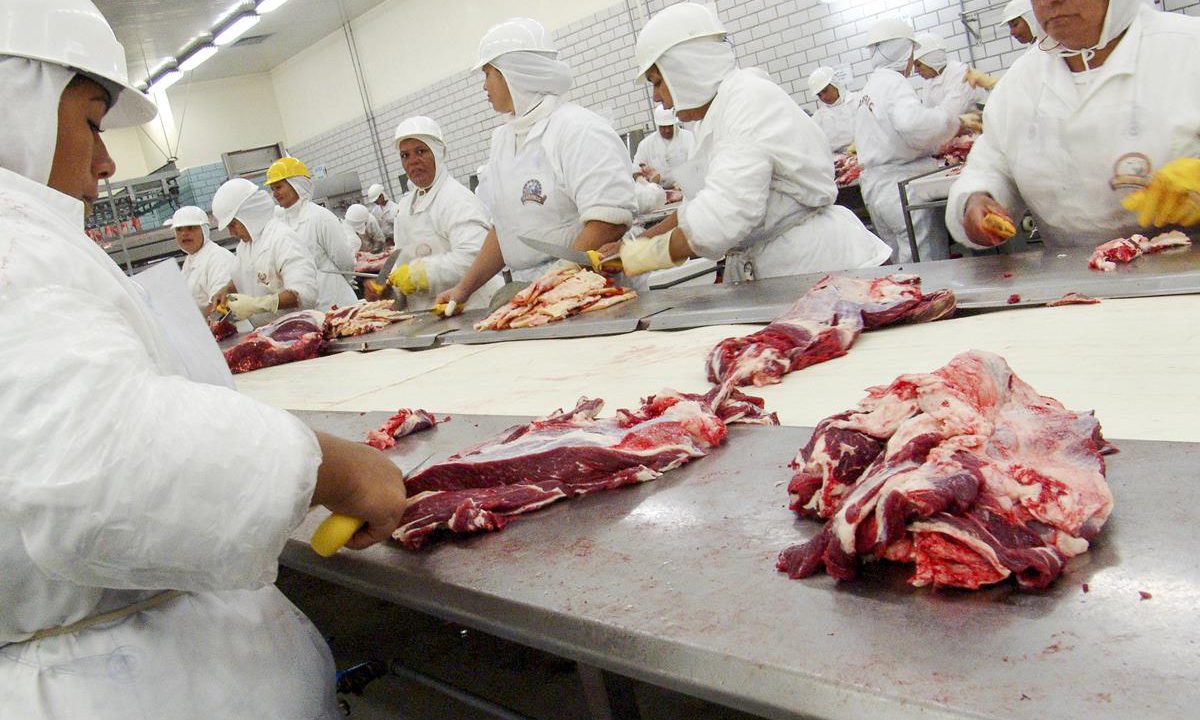Tánaiste Leo Varadkar has announced details of a new law to give all workers the right to sick pay.
The government’s statutory sick pay scheme will be phased in over a four-year period, starting with three days per year in 2022, rising to five days payable in 2023 and seven days payable in 2024.
Under the Sick Leave Bill 2021, employers will eventually cover the cost of 10 sick days per year in 2025. It’s being phased in to help employers, particularly small businesses, to plan ahead and manage the additional cost, which has been capped, according to the Department of Enterprise, Trade and Employment.
Ireland is one of the few advanced countries in Europe not to have a mandatory sick pay scheme.
The Tánaiste said that although “about half” of employers do provide sick pay, “we need to make sure that every worker, especially lower paid workers in the private sector, have the security and peace of mind of knowing that if they fall ill and miss work, they won’t lose out on a full day’s pay”.
Sick pay bill to provide ‘minimum level of protection’
Sick pay will be paid by employers at a rate of 70% of an employee’s wage, subject to a daily threshold of €110.
The daily earnings threshold of €110 is based on 2019 mean weekly earnings of €786.33 and equates to an annual salary of €40,889.16.
This can be revised over time by ministerial order in line with inflation and changing incomes.
The bill is primarily intended to provide a minimum level of protection to low-paid employees, who may have no entitlement to company sick pay schemes.
The legislation will expressly state that this does not prevent employers offering better terms or unions negotiating for more through a collective agreement.
Covid-19 in meat plants
Sick pay was a big sticking point in negotiations during the last year between Meat Industry Ireland (MII) and trade union SIPTU, and still remains to be so.
SIPTU estimates that 25% of the meat processing industry’s workforce has contracted the virus.
Last September, MII reached agreement with SIPTU on a detailed code of practice for meat plant staff safety, due to the number of Covid-19 outbreaks in the industry. However, MII was “refusing to engage and negotiate” on issues relating to sick pay for workers.
“As of today, a year later, nine out of 10 workers in the meat industry do not have sick pay. And that is a real contributing factor to Covid transmission,” Greg Ennis, SIPTU’s manufacturing division organiser told Agriland.
Ennis said that if a statutory sick pay scheme was to come into place even later this year, it would be “way too late”.
Pandemic has exposed flaws
The Labour Party’s Senator Marie Sherlock has criticised the Tánaiste for his “outrageous foot dragging” on this “fundamental protection for workers”.
“While the Tánaiste may not be in any hurry, workers around the country are crying out for this,” the party spokesperson on employment affairs said.
“The pandemic really exposed the flaws in our legislation, with some workers being forced to choose between their wages and their health.
“The reality for most people is they can’t afford to be sick – bills still need to be paid, mouths still need to be fed. So we need to break this cycle of people having to choose between going into work while sick, or else losing a portion of their income.”
